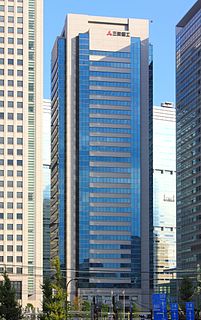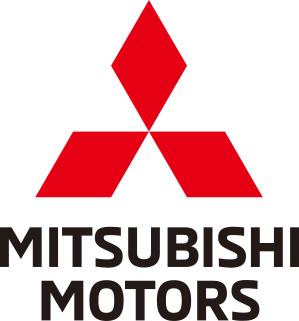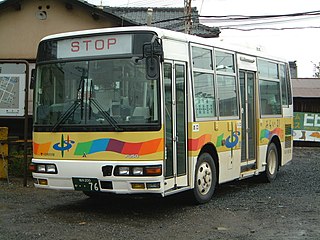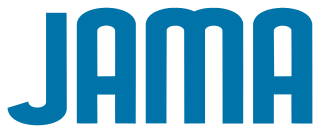This article needs additional citations for verification .(November 2007) (Learn how and when to remove this template message) |
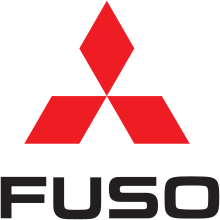 | |
Native name | 三菱ふそうトラック・バス株式会社 |
|---|---|
| KK | |
| Industry | Commercial vehicles |
| Founded | 1932 |
| Headquarters | Saiwai-ku, Kawasaki, Kanagawa, Japan |
Key people | |
| Products | Buses and trucks |
| Revenue | $7.6 billion (2010) |
| Owner |
|
Number of employees | About 10,000 (December 2015) [1] |
| Parent | Daimler AG |
| Subsidiaries | Mitsubishi Fuso Truck of America, Inc. |
| Website | mitsubishi-fuso |

The Mitsubishi Fuso Truck and Bus Corporation(Japanese:三菱ふそうトラック・バス株式会社 Hepburn:Mitsubishi Fusō Torakku・Basu Kabushiki gaisha ) is a manufacturer of trucks and buses. It is headquartered in Kawasaki, Kanagawa, Japan. Currently, it is 89.29 %-owned by Germany-based Daimler AG, under the Daimler Trucks division. [2]
Japanese is an East Asian language spoken by about 128 million people, primarily in Japan, where it is the national language. It is a member of the Japonic language family, and its relation to other languages, such as Korean, is debated. Japanese has been grouped with language families such as Ainu, Austroasiatic, and the now-discredited Altaic, but none of these proposals has gained widespread acceptance.
Hepburn romanization is a system for the romanization of Japanese that uses the Latin alphabet to write the Japanese language. It is used by most foreigners learning to spell Japanese in the Latin alphabet and by the Japanese for romanizing personal names, geographical locations, and other information such as train tables, road signs, and official communications with foreign countries. Largely based on English writing conventions, consonants closely correspond to the English pronunciation and vowels approximate the Italian pronunciation.

A kabushiki gaisha or kabushiki kaisha, commonly abbreviated KK, is a type of company defined under the Companies Act of Japan. The term is often translated as "stock company", "joint-stock company" or "stock corporation".
Contents
- History
- Facilities
- Products
- Domestic
- Export
- Other
- Electric transport
- Global distribution
- See also
- References
- External links
Fuso derives from the ancient Chinese term Fusang, for a sacred tree said to grow at the spot in the East where the sun rises, and has been used to refer to Japan itself. The actual Fuso tree is a hibiscus.

Chinese is a group of related, but in many cases not mutually intelligible, language varieties, forming the Sinitic branch of the Sino-Tibetan language family. Chinese is spoken by the ethnic Chinese majority and many minority ethnic groups in China. About 1.2 billion people speak some form of Chinese as their first language.
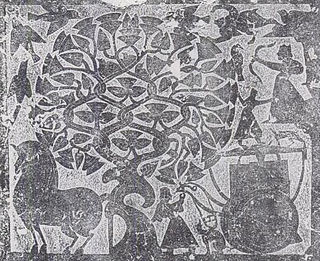
Fusang refers to several different entities in ancient Chinese literature, often either a mythological tree or a mysterious land to the East.

Hibiscus is a genus of flowering plants in the mallow family, Malvaceae. The genus is quite large, comprising several hundred species that are native to warm temperate, subtropical and tropical regions throughout the world. Member species are renowned for their large, showy flowers and those species are commonly known simply as "hibiscus", or less widely known as rose mallow. There are also names for hibiscus such as hardy hibiscus, rose of sharon, and tropical hibiscus.
